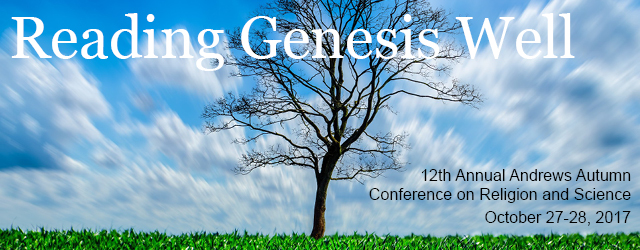What Does Genesis Have to Say to a Physicist?
Presenter Status
Professor of Physics
Location
Biology Amphitheater, Price Hall 106
Start Date
28-10-2017 11:45 AM
End Date
28-10-2017 12:30 PM
Description
ABSTRACT
The first chapters of Genesis provide answers to key questions regarding the universe and humanity’s place in it. Over the past century, physics has taught us much about the history and development of the universe. However, physics does not address the most basic questions, such as “Why is there something rather than nothing?” Therefore, the answers provided by Genesis remain relevant today, and can serve to complement the answers provided by physics.
BIO
Dr. Burdick is professor of physics and dean of research. Burdick graduated from Southern Adventist University in 1985 with a Bachelor of Science in physics and mathematics. In 1991, he received his doctorate in physics from the University of Texas at Austin. Burdick then held postdoctoral positions in France, Hong Kong and Virginia, and a faculty position at La Sierra University before joining the physics department at Andrews University in 1999. He has more than sixty refereed scientific publications and many international conference presentations in his research area of optical spectroscopy of lanthanide elements in solid-state media.
What Does Genesis Have to Say to a Physicist?
Biology Amphitheater, Price Hall 106
ABSTRACT
The first chapters of Genesis provide answers to key questions regarding the universe and humanity’s place in it. Over the past century, physics has taught us much about the history and development of the universe. However, physics does not address the most basic questions, such as “Why is there something rather than nothing?” Therefore, the answers provided by Genesis remain relevant today, and can serve to complement the answers provided by physics.
BIO
Dr. Burdick is professor of physics and dean of research. Burdick graduated from Southern Adventist University in 1985 with a Bachelor of Science in physics and mathematics. In 1991, he received his doctorate in physics from the University of Texas at Austin. Burdick then held postdoctoral positions in France, Hong Kong and Virginia, and a faculty position at La Sierra University before joining the physics department at Andrews University in 1999. He has more than sixty refereed scientific publications and many international conference presentations in his research area of optical spectroscopy of lanthanide elements in solid-state media.



